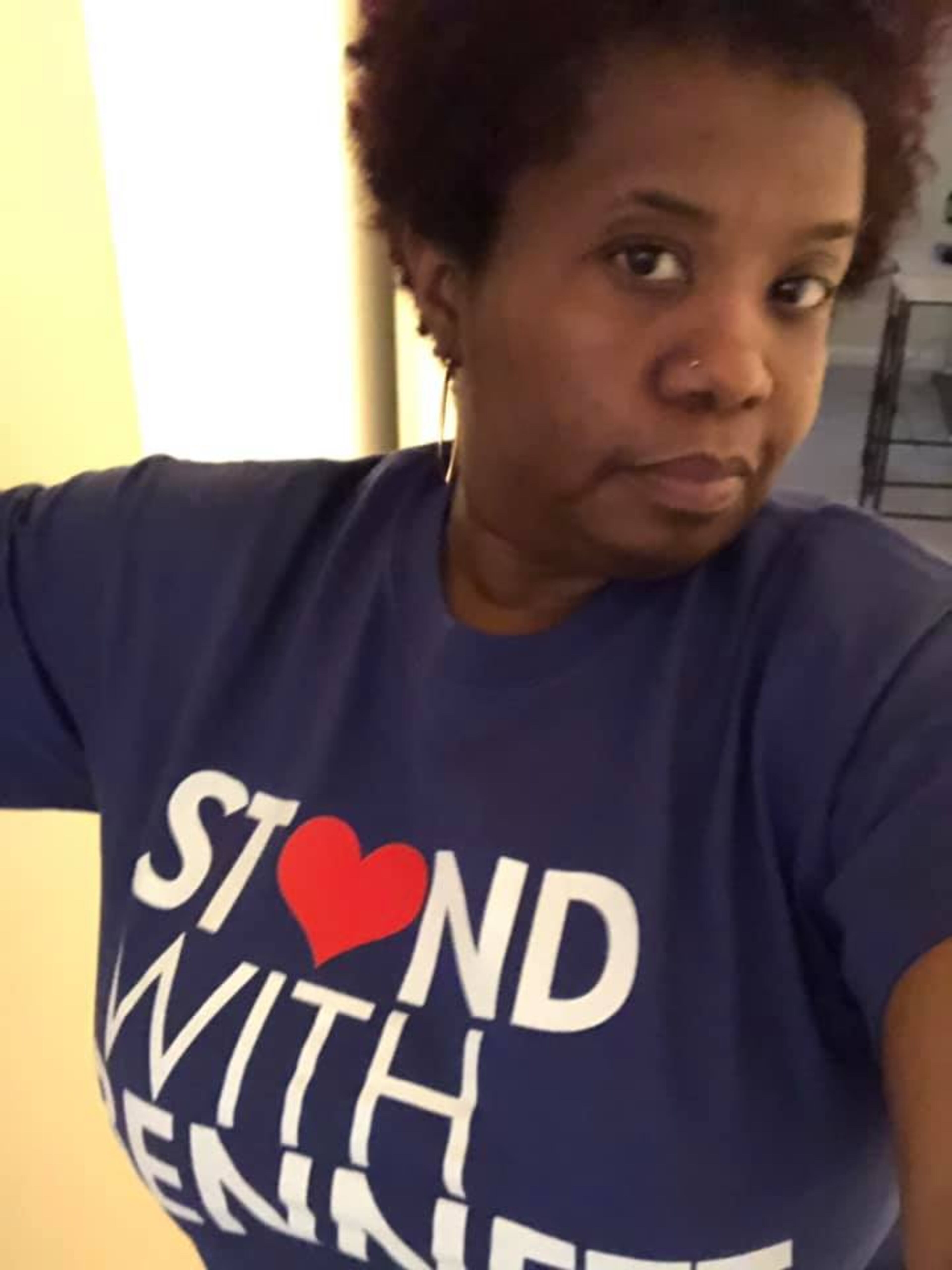Will the Belle toll for Bennett College?

Bennett College, one of only two all-female HBCUs, along with Atlanta’s Spelman College, might be on the verge of closing.
The Southern Association of Colleges and Schools affirmed Friday its Dec. 9 decision to terminate the accreditation of the 146-year-old Greensboro, N.C. college because of financial instability.
Late Friday, college officials announced that they had obtained a federal court order protecting the accreditation, pending a legal challenge to the SACS decision to reject the appeal.
In a press conference Friday night, Bennett College president Phyllis Worthy Dawkins told supporters, students and alumni to: “Keep the faith and know that Bennett is standing strong despite the “adverse and unfair ruling.”
Dawkins said a court battle could last up to two years, as the school is currently seeking accreditation through the Transnational Association of Christian Colleges and Schools.
Dawkins met with many of Bennett’s 500 students earlier in the day to re-enforce to them that the school would not be closing and that they will continue to be eligible for aid while that process continues.
“Our fight continues,” Dawkins said. “The accreditation process can be slow and even disappointing at times. The negative decision by SACS to remove Bennett from membership will not interrupt the daily operations of the college. We will continue to educate our young women to be analytical thinkers, effective communicators and phenomenal leaders.”
RELATED: Read the AJC’s full HBCU Series

Theodosia Hall, a 1991 graduate of Bennett now in Atlanta, is livid at how her school has fallen. She, and other alumna have placed much on the blame on what they call an ineffective board of trustees who purposely kept them in the dark for years about the true financial state of the school. “In addition to the feeling of sadness, I am disgusted with the board. With the trust we put in them,” Hall said. “They have another agenda and it is obnoxious that they never truly raised money for anything. They just borrowed. We have been in financial distress for a long time. The board must go.”
Bennett officials pleaded their case with the Atlanta-based accreditation organization on Monday.
The school, which has about 500 students, had been on probation for two years. Because SACS does not offer a third year of probation, Bennett's do or die hearing could have meant either its probation being lifted, or the loss of its accreditation.
Between Dec. 9 and Feb. 4, Bennett launched a furious $5 million fund-raising campaign to save the school.
When it was over, they raised more than $9 million, but it was not enough. Dawkins said that money would still go toward paying down debt, scholarships and general operations.
The revocation of accreditation would cut off Bennett's access to federal funds like Pell Grants, which could result in the school closing.
Bennett is not the only Historically Black College and University to find itself in dire financial straits.
While many schools like Howard University, Fisk University and North Carolina Central University continue to thrive, at least 18 HBCUs are known to have closed over the last century with eight of the closings coming since 1989.
In 2003, Morris Brown College, founded in 1881 and once a pillar of the Atlanta University Center, lost its accreditation because of its ballooning debt.
Though not officially closed, Morris Brown, the first HBCU in Georgia founded by black people, filed for bankruptcy in 2012 and currently has about 50 students enrolled.
RELATED: The rise and fall of Morris Brown College
Almost a year ago, when the Atlanta Journal-Constitution published a three-week investigation into the health and future of black colleges, Concordia College, a small school in Selma, Ala., closed after not being able to get up from an $8 million debt. Concordia's closing brought the number of accredited HBCUs to an even 100.
HBCU JOURNEYS: New podcast explores the black college experience
Bennett College was founded in 1873 – eight years before Spelman College, which is considered by some to be the best HBCU in America -- as a normal school to educate freedmen and train both men and women as teachers.
In 1926 it became a four-year women's college and its students are known as Belles.
According to school folklore, whenever a Belle went downtown she had to be dressed with hats and gloves. Slacks or shorts were only worn on hikes or recreational activities, to work and breakfast.
The school’s president at the time, David Dallas Jones, was a good friend of Morehouse College President Benjamin E. Mays, securing a tight relationship between the two schools.
During the Civil Rights era, Bennett College students played a key role in the Greensboro sit-ins of 1960, working with students from North Carolina A&T State University to stage sit-ins.
Johnnetta Cole, who served as the president of Spelman College from 1987 until 1997, was Bennett’s president from 2002 to 2007.
All of that still gives Hall faith that Bennett will survive.
“To be a Belle means to not compromise your rights and beliefs and to stand to true to the bonds of sisterhood,” Hall said.

